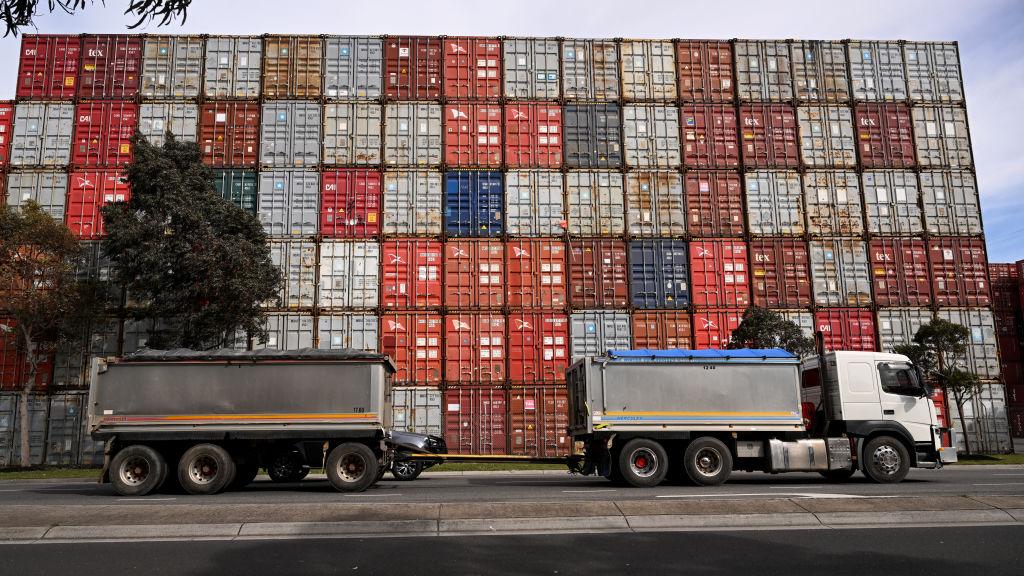Treasurer Jim Chalmers has defended his government’s performance despite the latest GDP growth figures being the lowest since 1991-92.
The Labor minister attributed the situation to “global uncertainty, price pressures, and higher interest rates.”

Treasurer Jim Chalmers has defended his government’s performance despite the latest GDP growth figures being the lowest since 1991-92.
The Labor minister attributed the situation to “global uncertainty, price pressures, and higher interest rates.”